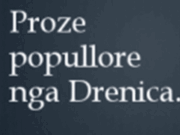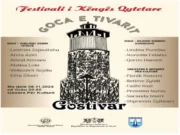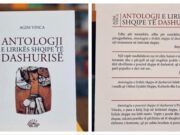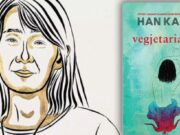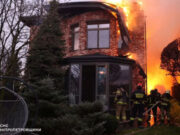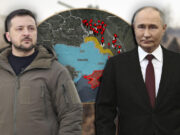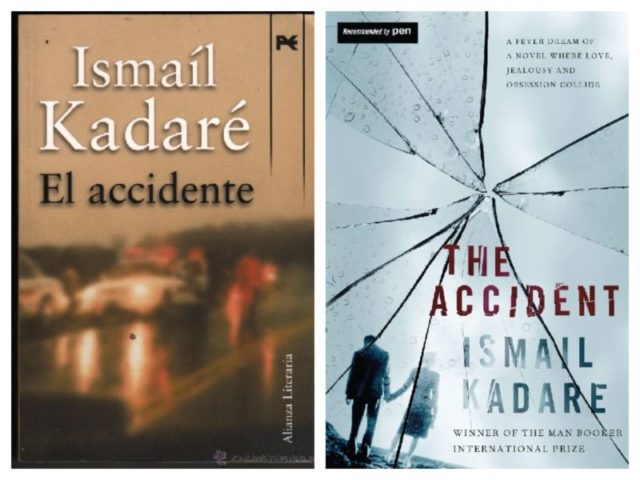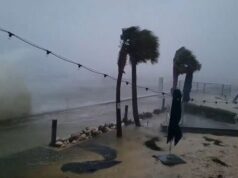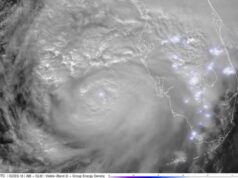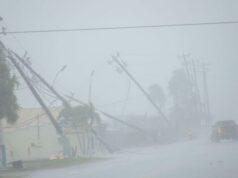Jane Shilling assesses The Accident by Ismail Kadare, a tale of the mysterious death of a pair of mysterious lovers
By Jane Shilling
Over the course of a literary lifetime, the Albanian novelist Ismail Kadare has charted a fictional realm as distinctive, in its way, as Greeneland. The topography of Kadare’s landscape is less various and exotic than Graham Greene’s; the view is predominantly Balkan. But the psychological atmosphere of tyranny, menace, uncertainty and a particular steely stoicism tinged with unhopeful defiance, is utterly characteristic, both of Kadare’s individual voice and of the political regimes against which he has been accustomed to setting his strange, resonant narratives.
Kadare’s latest novel begins with a mysterious accident. Two Albanian citizens – a man, Besfort Y, and a woman, Rovena – were travelling along an Austrian autobahn when their taxi veered off the road. The couple, flung clear of the car, both died. The driver survived, but was able to give no coherent account of the accident. He could say only that ‘the two passengers on the back seat had done nothing only they had tried to kiss’.
Besfort Y, it transpires, was an analyst working for the Council of Europe on Balkan affairs. Rovena was an intern at the Archaeological Institute of Vienna. The pair were lovers, though their affair appeared to have been troubled.
The intelligence services of both Serbia and Albania take an interest in the deaths, but seem baffled by what significance the couple’s liaison might have had in the region’s recent turbulent history: ‘Dark surmises, grave suspicions, ambiguous phrases, obscure scraps of dialogue loomed out of the fog and vanished again.’
At this point an ‘unnamed researcher’ enters the investigation, but despite diligent – not to say prurient – inquiry, he is unable to clarify the mystery. Eventually he settles for acquiring the rear-view mirror of the taxi and writing a will in which the mirror is to be buried with him and exhumed in 1,000 years’ time, in the hope that ‘what happened in the taxi carrying two lovers to an airport, 1,000 years ago, would leave some trace, however slight, on the surface of the glass’.
In John Hodgson’s translation, Kadare’s prose retains its elusive elegance. But his narrative lacks the assurance of his recently published works. He seems equally ill at ease in a political environment in which Albania is a member of Nato, and in the private realm of sexual obsession, the descriptions of which veer uncertainly between grandiosity and a tone uneasily reminiscent of the headier flights of Dame Barbara Cartland. Kadare’s admirers will find things to treasure in this new work, but it is a muted addition to his oeuvre.

